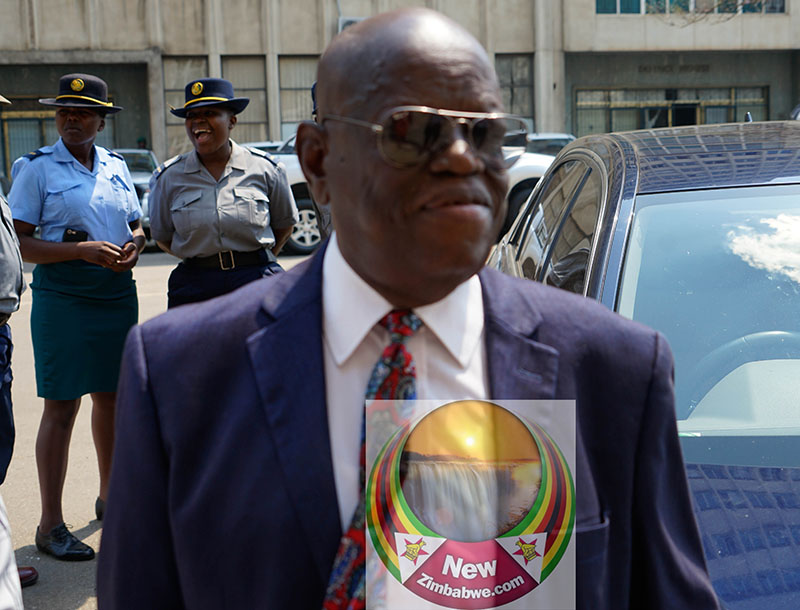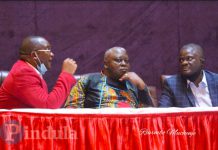ZANU PF politburo member and former War Veterans Minister, Tshinga Dube has defended his glaring omission of accounts of the Gukurahundi atrocities in his new book for fear of being perceived to be inciting the public against government.
The ex-Makokoba lawmaker, who has revealed sometimes shedding tears over the holocaust, was speaking in an exclusive interview with NewZimbabwe.com.
Dube recently joined a rare crop of the country’s liberators by penning a book – Quite Flows The Zambezi – which details his war experiences.
His case is even more unique as he pens the story from the perspective of ZAPU, a liberation movement whose war heroics have seemingly been suppressed by government in which former Zanu politicians remain the dominant force between the party and PF Zapu, the two liberation movements that united under the 1987 unity accord.
However, in his book, Dube goes down memory lane, giving a vivid account of his boyhood life and his liberation war experiences, later in his young adult life.
The book also touches on the period of the nasty Zanu PF fall-out 2017, leading to long serving President Robert Mugabe’s shock ouster in a military assisted coup.
Conspicuous by its absence is an account of the horror that was visited upon people in Matabeleland and Midlands by Mugabe’s government with independent estimates putting the genocide at 20 000 victims.
Said Dube, “This is why I put a reference (in the book) that those who want to know more about Gukurahundi must go to the Catholic Commission on Justice and Peace report.
“If I began to narrate all these things, it would be like I am deliberately opening old wounds and I am inciting people; I don’t like that.
“But let them go to those books which tell these things. I know there is the Chihambakwe (Commission of Inquiry report). I have gone through that and I could not finish it…I end up shedding tears and becoming very emotional, so I couldn’t read it.”
The former cabinet minister says he lost a Matopo aunt with whom he was very close during the period.
However, the aunt was targeted by the opposite side after she was found entertaining Mugabe’s soldiers and sewing some torn uniforms for them.
The former ZIPRA combatant said those caught up in the atrocities were still traumatised.
“I think they are still traumatised because, for instance, if both your mother and father were asked to dig a grave for themselves, how would you feel,” he said, referring to horror tales on how soldiers forced families to dig their own graves before burying them alive.
He added, “Other atrocities like throwing people into disused min…these people (survivors) have not had any counselling; those who were directly affected can never forget it.”
Dube however said he could now touch on the once taboo subject because President Emmerson Mnangagwa’s New Dispensation has opened up discussion on it.


![MDC Alliance Activists Attacked In Zvimba [Photo] Chamisa Outlines MDC Alliance’s Heroes Plan In “A New Zimbabwe” | FULL THREAD](https://static.africa-press.net/zimbabwe/sites/14/2021/08/img-61112ae8934ca-218x150.jpg)



